We hope that you and your family are safe, healthy and secure during this COVID-19 pandemic. Ira Smith Trustee & Receiver Inc. is absolutely operational and Ira, in addition to Brandon Smith, is readily available for a telephone consultation or video meeting.
Trustee in bankruptcy Ontario introduction
One of two reasons led you to this page:
- you regularly read my Brandon Blog; or
- you typed in a search term something like “bankruptcy trustee Ontario“, “licensed insolvency trustee Ontario“, “insolvency trustee Ontario,” “trustee in bankruptcy Ontario” or a variation of these terms.
The bankruptcy process is one of several insolvency options available to the honest but unfortunate debtor in Canada to try to get back to financial stability.
Trustee compensation is charged in one of two distinct ways. It depends on the type of insolvency proceeding, as I will explain below. Trustees are sometimes only permitted to charge a relatively fixed fee, known as a “tariff”. Trustees cannot charge time-based fees in such cases.
On other occasions, the Trustee will charge the individual levels of staff by the hour. To charge time-based remuneration, the remuneration must be approved by the court. This is called taxation. All of this is governed by the Bankruptcy and Insolvency Act (Canada) (BIA), which is a federal government statute.
I discuss an unreported case from Ontario in this Brandon Blog, which was the topic of a webinar I attended this week. The first thing I will do is lay the groundwork, followed by a story of how a trustee in bankruptcy Ontario did not get the entire fee being requested upon the taxation of its accounts.
Trustee in bankruptcy Ontario: What is a Licensed Insolvency Trustee?
Individuals and businesses with debt problems can seek advice and services from licensed insolvency trustees, a federally regulated profession. It used to be called a trustee in bankruptcy Ontario to refer to an insolvency trustee licensed in Ontario.
What can a trustee in bankruptcy Ontario do for you? Depending on your needs, he or she can provide you with an array of options including alternatives to bankruptcy. Government-regulated insolvency proceedings are the only Canadian government-approved way through which you can be discharged of your debts.
You can trust that, when you hire a trustee in bankruptcy Ontario, you’re dealing with someone who has demonstrated that they possess the knowledge, experience, and skills that are required to be licensed by the Office of the Superintendent of Bankruptcy (OSB).
The insolvency system in Canada is regulated by the federal government. The OSB oversees an insolvency trustee and mandates that they adhere to federal standards of practice such as the Code of Ethics for Trustees. If you are unable to resolve a problem with a trustee in bankruptcy Ontario, you can file a complaint with the OSB. All complaints are reviewed and assessed.
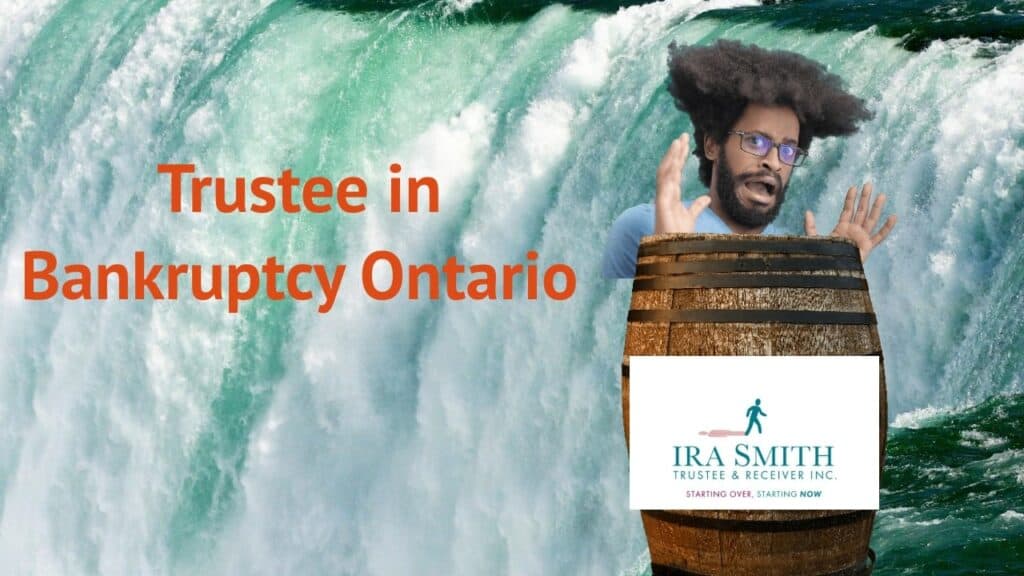
Trustee in bankruptcy Ontario and the OSB: Who can act as trustee in bankruptcy Canada?
According to Canada’s Bankruptcy and Insolvency Act (BIA), the OSB oversees the administration of bankruptcy and receivership proceedings. It also has some responsibilities regarding the restructuring of large companies covered by the Companies’ Creditors Arrangement Act (CCAA).
Under each of these Canadian statutes, a person, business, or company experiencing financial difficulties may be discharged from most of their debts. Insolvency cases must be administered by a licensed insolvency trustee. On the OSB’s website, you can find contact information for all of Canada’s licensed insolvency trustees.
What does a trustee in bankruptcy Ontario cost?
Depending on the services they provide, the cost of an insolvency trustee in Ontario varies. Providing a no-cost initial consultation is standard practice for professional trustee firms. In this confidential consultation, our team collects information about your assets, liabilities, income, and expenses to gain a thorough understanding of your situation.
Then, we explain what debt relief options you or your business could benefit from, including any insolvency process. We will then explain our recommendations and provide you with a cost estimate. Insolvency costs depend on the type of insolvency proceeding. You will see why shortly.

Personal bankruptcy – summary administration
Summary administrations are consumer bankruptcy proceedings in which the realizable value of non-exempt assets (the value of non-exempt assets) after the claims of secured creditors are deducted does not exceed $15,000. For summary administrations, the professional Trustee cannot charge for their time spent. They are compensated according to a tariff. The tariff for summary administrations is:
- 100% of cash receipts up to $975;
- the portion exceeding $975 but not exceeding $2,000 is taxed at 35%;
- above $2,000, 50%;
- each of the two mandatory counselling session’s tariff fee;
- court fees;
- an administrative and overhead fee of $100; and
- HST/GST.
Personal and corporate bankruptcy – ordinary administration
Personal bankruptcy is classified as an ordinary administration if the net recovery after the claims of secured creditors will be more than $15,000. Corporate bankruptcy is always an ordinary administration. Corporate bankruptcy does not currently have a streamlined version as does personal bankruptcy.
An ordinary administration bankruptcy allows the Trustee to charge by time spent, subject to approval by the Inspectors of the bankruptcy estate (if any), the OSB and taxation by the court.
Consumer proposal
As regular readers of my Brandon Blog know, a consumer proposal process is the only federal government-approved debt settlement program in Canada and is always administered by a trustee in bankruptcy Ontario or elsewhere in Canada. It is also the only consumer insolvency choice in Ontario other than for a summary administration bankruptcy. A consumer proposal is available to any individual who has $250,000 or less in debt, not including any debt registered against their home. A consumer proposal is a way of eliminating debts while avoiding bankruptcy.
A professional Trustee, acting as the Administrator in a consumer proposal, cannot charge for time spent on consumer proposals. Compensation is based on a tariff. A consumer proposal tariff is as follows:
- $750 upon filing the consumer proposal with the OSB;
- when the consumer proposal is approved or deemed approved, another $750;
- 20% of the money distributed to creditors, when it is distributed:
- the fee for each of the two mandatory credit counselling sessions;
- court costs; and
- HST/GST
Division I Proposal
A consumer proposal streamlines the process. Individuals with too much debt to qualify for a consumer proposal may submit a Division I proposal. Under the BIA, every corporate restructuring plan must be a Division I proposal.
Under a Division I Proposal, the Trustee can charge by the amount of time spent, subject to approval by the Inspectors (if any are allowed for and appointed), the OSB, and taxation by the court.
Receivership – private or court-appointed
Receivership is a remedy for secured creditors legal process. A trustee in bankruptcy Ontario and elsewhere in Canada can charge for time spent in a receivership. In a private appointment, there is no taxation. The secured creditor who appointed the receiver must approve the fee.
In a court-appointed receivership, there is taxation by the court. The stakeholders can approve or oppose the Receiver’s fee and costs.
The OSB is not involved in either type of appointment.
Restructuring of companies under the Companies’ Creditors Arrangement Act
Canada has a federal statute that governs large corporate restructurings, the Companies’ Creditors Arrangement Act (CCAA). It is a court-led restructuring process for companies with debts of $5 million or more. A licensed trustee serves as a Monitor under the CCAA. The fee for the Monitor is determined by the amount of time spent. The court must assess its fee and costs.
Having set the background information for you, I can now discuss the unreported court decision discussed in the webinar.

The unreported court decision: Background
A trustee in bankruptcy Ontario and two Ontario insolvency lawyers presented this unreported decision in the webinar. According to the licensed trustee who presented this court ruling, it was his file. If it had been my file, I would not have been so courageous as to use it as a teaching moment for members of the Ontario insolvency community.
The insolvent person is a real estate broker who has experienced substantial income growth. She incurred significant tax liabilities as a result of poor tax planning advice. She owes $417,060 to the Canada Revenue Agency (CRA), her single largest creditor. Other notable creditors include two chartered banks who are owed $119,196 and $44,025, respectively.
The debtor lodged her Division I proposal with the trustee in bankruptcy Ontario which he filed on October 31, 201. The debtor offered to pay her creditors $348,000 in 60 monthly installments of $5,800 under her proposal. A meeting of creditors took place on November 21, 2019. At CRA’s request, the meeting was adjourned to allow for further examination, as is normal when CRA is a major creditor.
The debtor amended her proposal on December 11, 2019, increasing the Proposal Fund to $408,000 payable at $6,800 per month for 60 months. The Amended Proposal was presented to the reconvened meeting of creditors on December 12, 2019. Upon submitting the Amended Proposal, the requisite majority of creditors approved it.
The Amended Proposal was approved by the court on January 28, 2020. The debtor made the 3 monthly payments of $6,800 promised in the Amended Proposal between February and April 2020. In June 2020, the debtor paid a lump-sum payment of $367,600 instead of continuing with monthly payments for the remainder of the 5-year term. The Trustee issued the Certificate of Full Performance of Proposal to the debtor and prepared the documentation needed to request a comment letter from the OSB.
It was stated in the original proposal and the Amended Proposal that the Trustee’s fee would be based upon 12.5% of proceeds plus a $5,000.00 deposit paid by the debtor, plus HST. The total proceeds were $413,007.13. As a result, the Trustee calculated and claimed a fee of $56,000 (plus HST). $56,000 was calculated as an amount equal to $5,000 for the initial deposit paid by the debtor, plus 12.5% of $408,000 (or $51,000).
The unreported court decision: The taxation of the trustee in bankruptcy Ontario accounts
Taxations of this nature are done “over the counter”, unless the Associate Justice has questions. Trustees in bankruptcy prepare the necessary motion material and submit it electronically to the court. The accounts are taxed and the court order issued without the need for the Trustee to appear in court unless the Associate Justice has questions or concerns.
Taxation of the Trustee’s Final Statement of Receipts and Disbursements was conducted by the Associate Justice on July 13, 2020, in writing at which time she adjourned the taxation so that the Trustee could provide the following:
- The Trustee’s Report to the Court for approval of the debtor’s Amended Proposal.
- Time records of the Trustee.
- An explanation of where the proposal money came from, and how the proposal could have been completed within 6 months of filing.

trustee in bankruptcy ontario
The unreported court decision: The taxation of the trustee in bankruptcy Ontario accounts continues
The matter came back in July in writing. By letter dated July 14, 2020, the Trustee responded to the court’s requests as follows:
- The Trustee provided the Report to the Court filed upon the approval of the
Amended Proposal. - The Trustee confirmed that no time dockets were kept as the terms of the Amended Proposal provided for the calculation of fees.
- The source of the funds to pay out the proposal was the re-financing and mortgaging of the debtor’s primary residence.
On July 29, 2020, the Associate Justice adjourned the taxation so that it could proceed by video conference. The Associate Justice ordered the Trustee to give notice of the taxation to the debtor, the
creditors and the OSB. The Associate Justice also directed the Trustee to be prepared to speak to whether
the fee claimed was fair given the 5-year debt restructuring plan took only 6 months to complete.
Neither the creditors nor the OSB attended the video taxation hearing. Therefore it was unopposed to the taxation and the fee claimed by the Trustee.
The unreported court decision: The court’s analysis
As a result, the court considered both positive and negative factors in deciding whether to approve the $56,000 fee for the Trustee.
FOR:
- by virtue of their approval of the Amended Proposal, the creditors have accepted the Trustee’s fee claim;
- The Amended Proposal and fee were approved by the court;
- unsecured creditors will receive a substantial dividend of 54.1% on the ordinary unsecured claims proven;
- they will receive their dividends much sooner than expected;
- The Trustee has sent a copy of the Final Statement to all creditors with proven claims and all creditors have been notified of the taxation; no creditors have objected to the fee sought by the Trustee or opposed the approval of the taxation; and
- the clean OSB comment letter supports taxation and approval of the fee claimed by the Trustee and the OSB did not attend this hearing.
AGAINST:
- A time docket was not kept by the Trustee to justify the fees claimed in the administration of the estate. There is no record of the hours spent by each level of staff at their normal hourly rate to prove the Trustee’s efforts.
- Compensation for work not performed by the Trustee is neither fair nor justifiable because it was not done or was not necessary.
- About five and a half years before the deadline, the debtor made full payment of the Amended Proposal. However, the trustee did not investigate the source of the funds. Although the Trustee claimed that the funds were proceeds from the debtor’s re-financing of her principal residence, he could not provide any additional information.
- According to the sworn statement of affairs, the debtor had a 50% interest in the principal residence with resulting equity of $47,000 and total equity from the debtor’s interests in two other properties totalling $95,000. Even so, the debtor managed to raise $408,000 through allegedly refinancing only the principal residence. She raised more money against this one asset than the equity listed in all her assets in her sworn statement of affairs!
- Would the ordinary unsecured creditors have accepted the Amended Proposal if they were aware of more assets available?
The Associate Justice held that the court still has the right to supervise the administration of the estate, and the BIA obligates the court to tax the fee requested by the Trustee. Further, taxation by the court is not a rubber stamp.

The unreported court decision: The court’s decision and the aftermath
The lack of time dockets made it difficult for the court to determine an appropriate level of compensation. The court would have been able to assess whether the $56,000 fee was reasonable and justified if the Trustee had kept time records. According to the Associate Justice, the trustee in bankruptcy Ontario had not discharged his responsibility for proving that the fee is justified.
Taking everything into account, the court reduced the Trustee’s fee by $15,000 from what was claimed. Accordingly, the court approved a fee of $41,000 plus HST.
As a result, the Trustee sought legal advice. An appeal was filed by the Trustee to a Justice of the Ontario Superior Court of Justice Commercial List appealing the Associate Justice’s decision. The appeal was dismissed. The judge deferred to the experience and discretion of the Associate Justice, who taxes Trustee accounts regularly.
Trustee in bankruptcy Ontario: The moral of this story
I said at the beginning that, had I been in charge of the case, I would not have been so courageous as this Trustee in turning it into a webinar for my colleagues. There is a simple lesson here. The trustee in bankruptcy in Ontario and the rest of Canada must also be a good timekeeper for every insolvency file for which no tariff applies. The Trustee must also be a good record keeper so that questions from the OSB or the court can be adequately answered. Lastly, if something doesn’t make sense, like how you can raise $400,000 from assets that are only worth $142,000, find out why.
Trustee in bankruptcy Ontario summary
I hope you found this trustee in bankruptcy Ontario Brandon Blog informative. Are you in financial distress and a debt crisis? Do you not have adequate funds to pay your financial obligations as they come due? Are you worried about what will happen to you in retirement? Do you need to find out what your debt relief options and realistic debt relief solutions for your family debt are? Is your company in financial hot water?
Call the Ira Smith Team today. We have decades and generations of experience assisting people looking for life-changing debt solutions through a debt settlement plan and AVOID the bankruptcy process.
As licensed insolvency professionals, we are the only people accredited, acknowledged and supervised by the federal government to provide insolvency advice and to implement approaches to help you remain out of personal bankruptcy while eliminating your debts. A consumer proposal is a government-approved debt settlement plan to do that. It is an alternative to bankruptcy. We will help you decide on what is best for you between a consumer proposal vs bankruptcy.
Call the Ira Smith Team today so you can eliminate the stress, anxiety, and pain from your life that your financial problems have caused. With the one-of-a-kind roadmap, we develop just for you, we will immediately return you right into a healthy and balanced problem-free life.
You can have a no-cost analysis so we can help you fix your troubles.
Call the Ira Smith Team today. This will allow you to go back to a new healthy and balanced life, Starting Over Starting Now.
We hope that you and your family are safe, healthy and secure during this COVID-19 pandemic. Ira Smith Trustee & Receiver Inc. is absolutely operational and Ira, in addition to Brandon Smith, is readily available for a telephone consultation or video meeting.




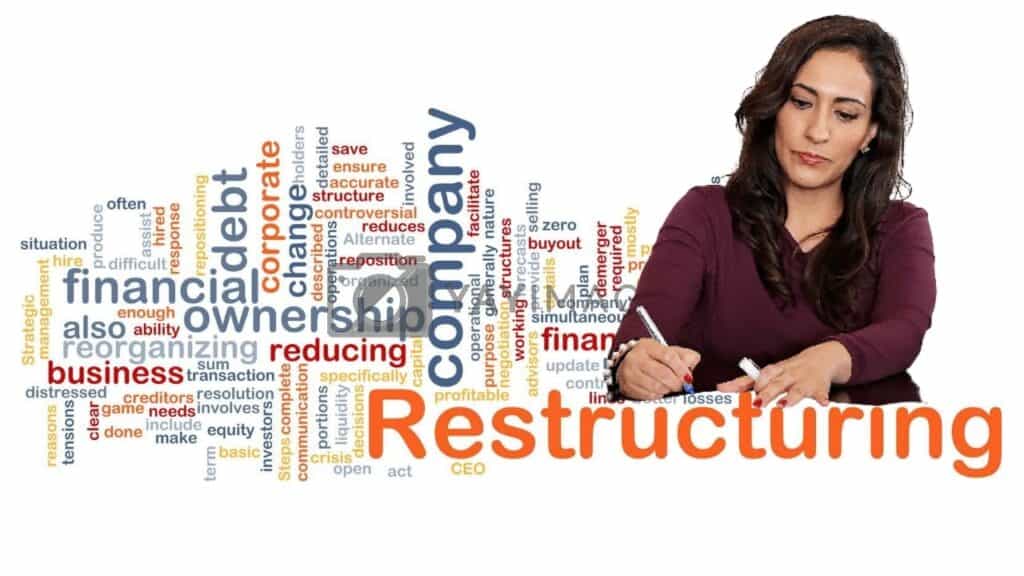
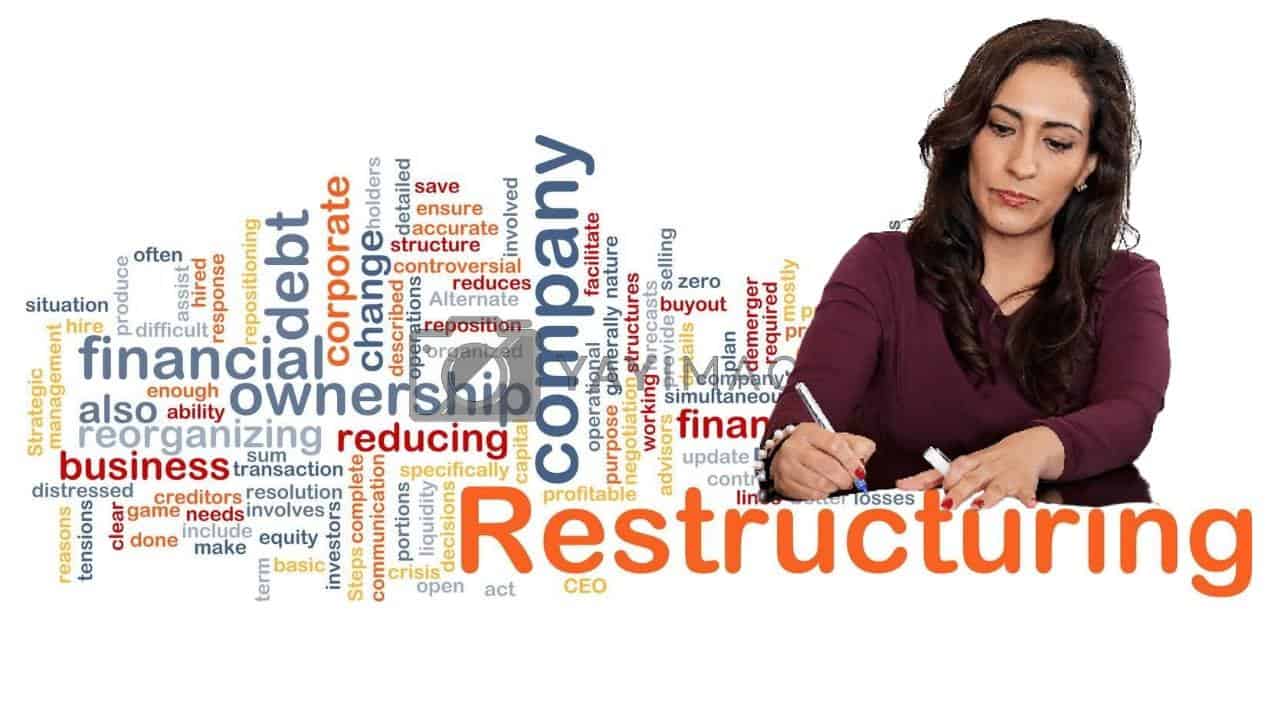
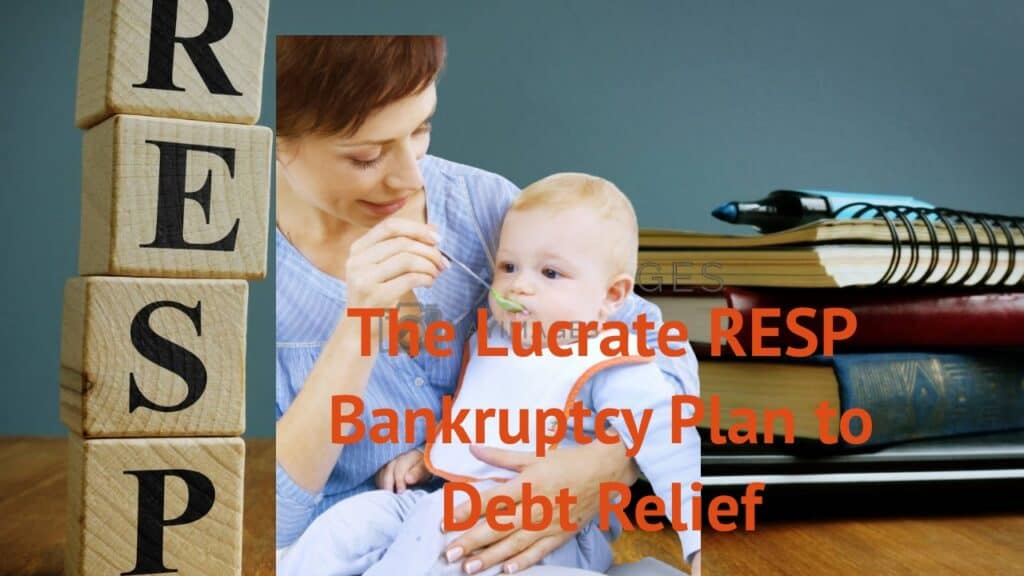


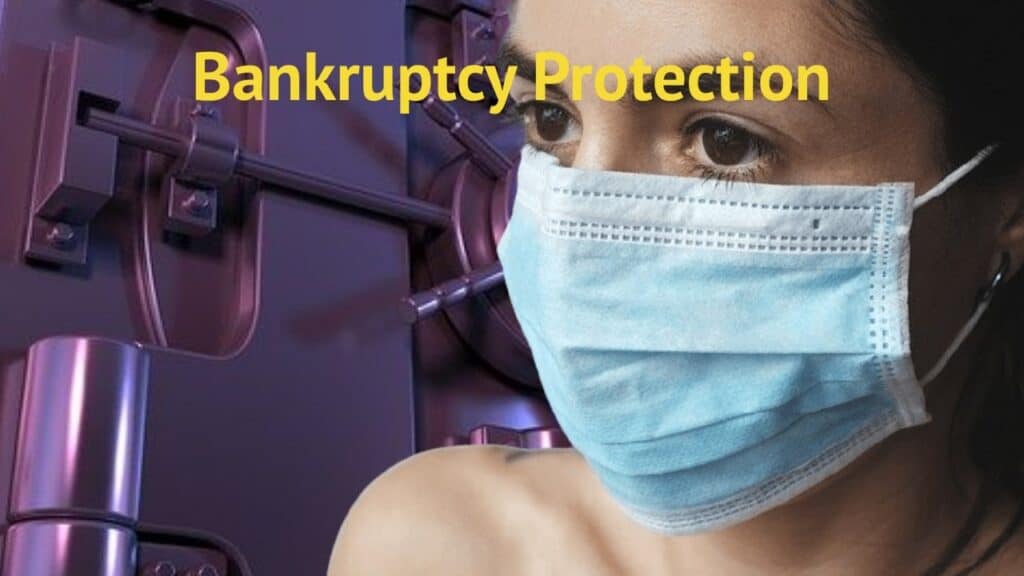



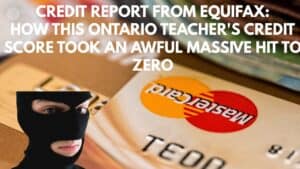



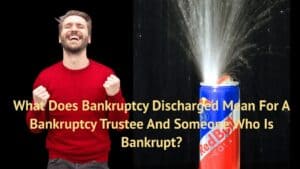
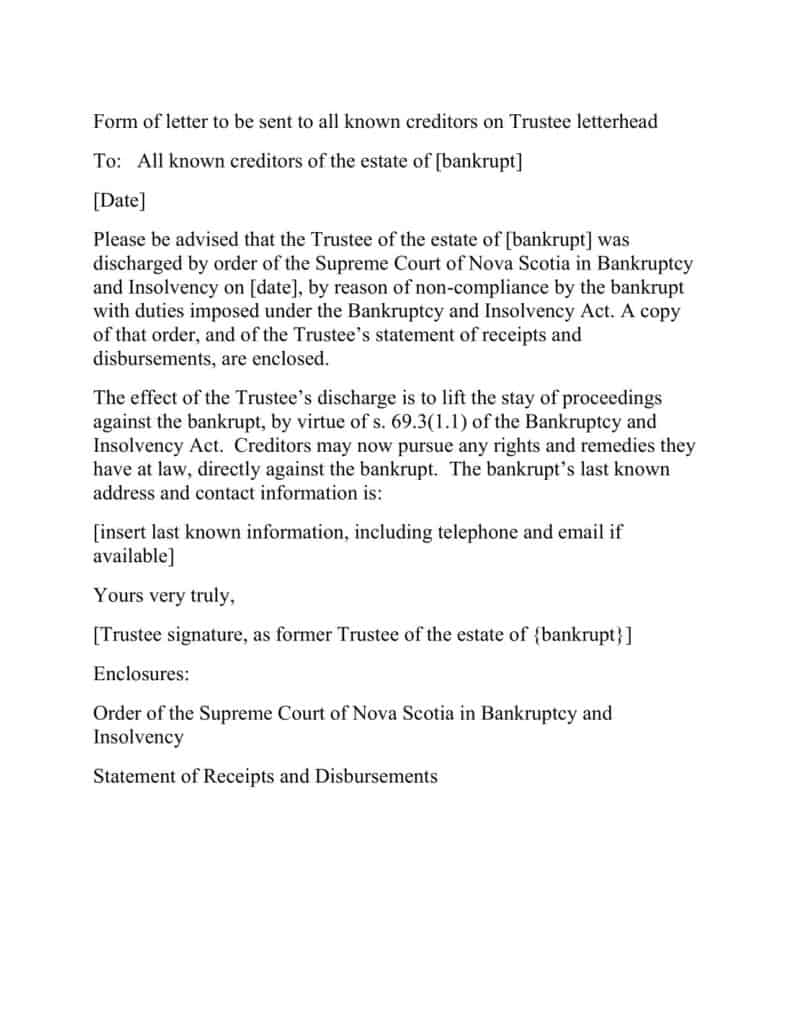
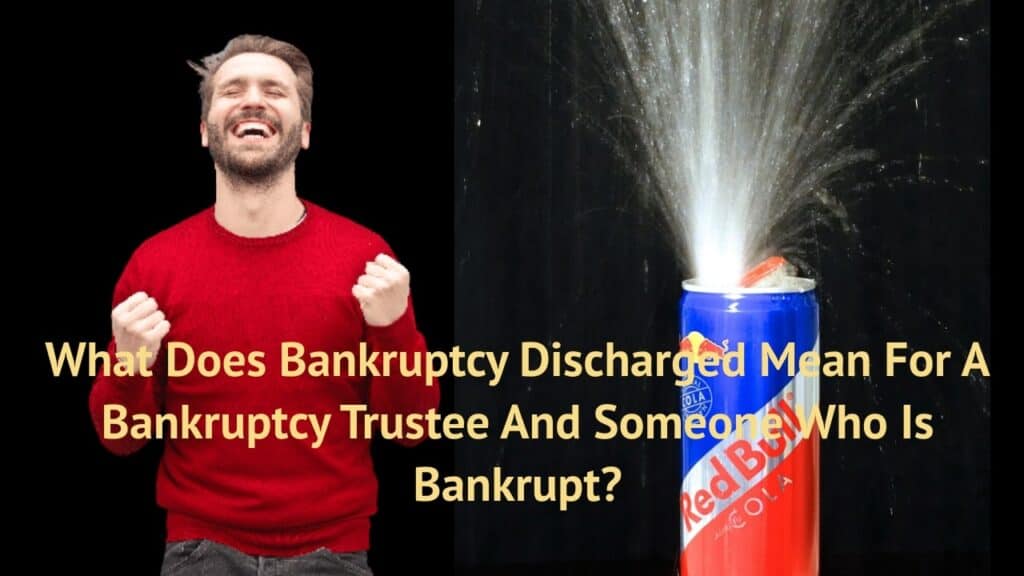
 We hope that you and your family are safe, healthy and secure during this
We hope that you and your family are safe, healthy and secure during this